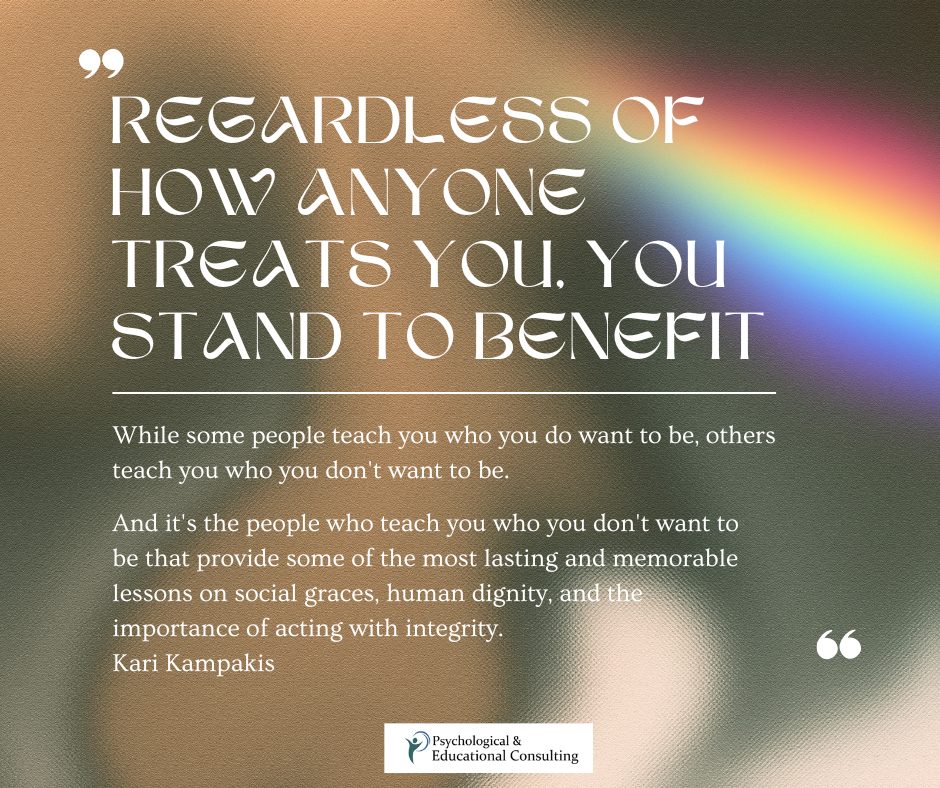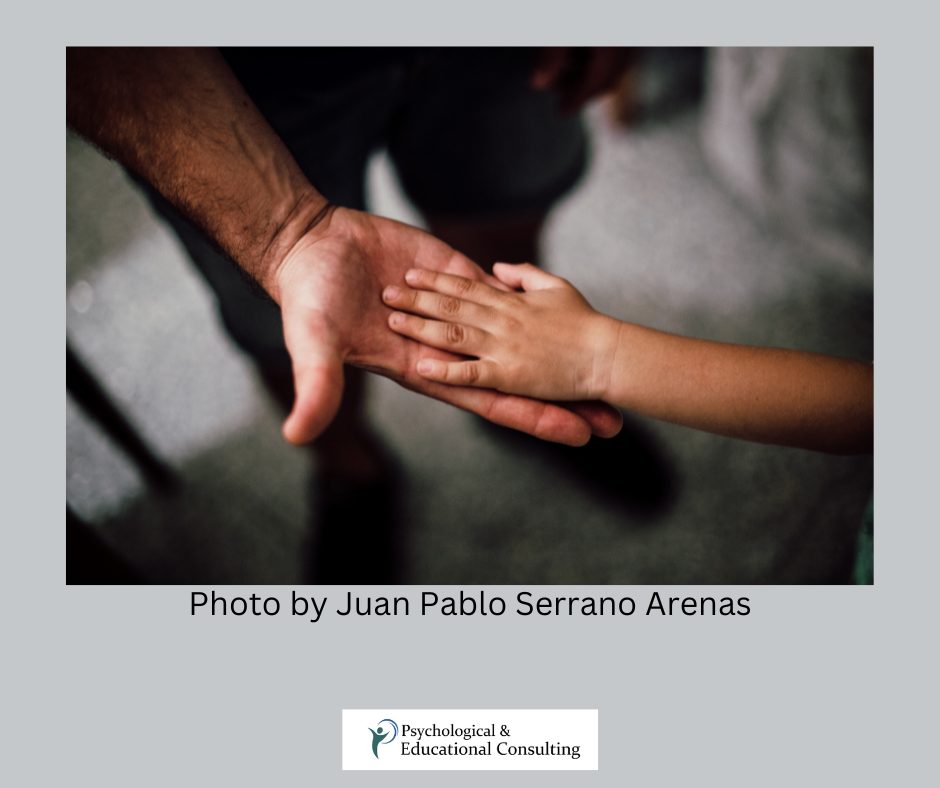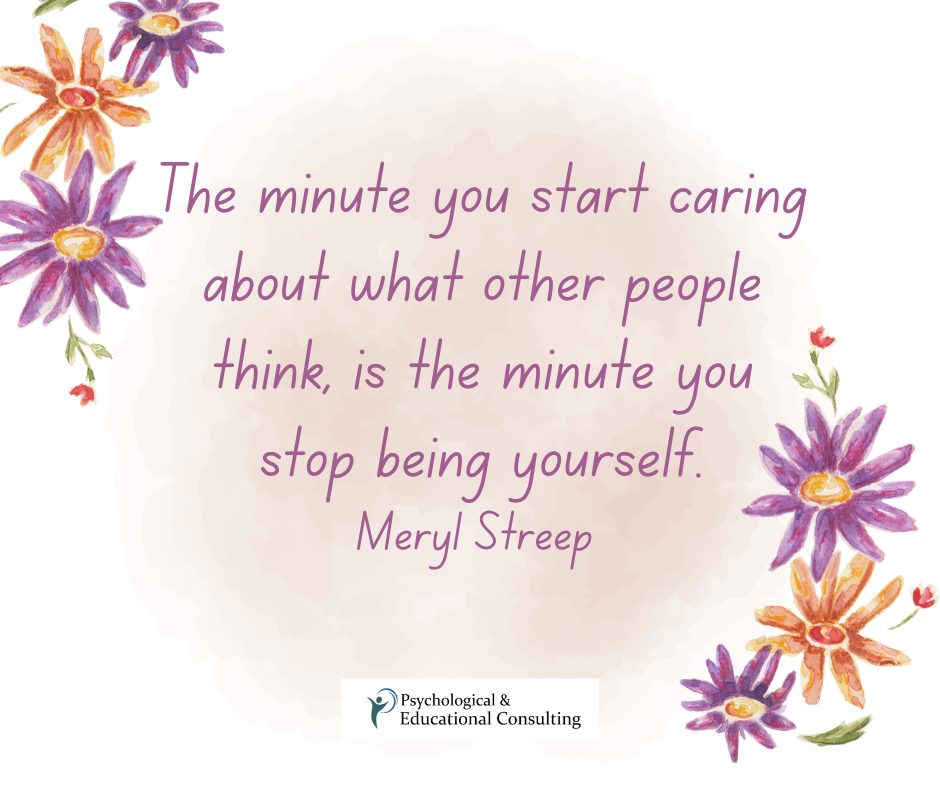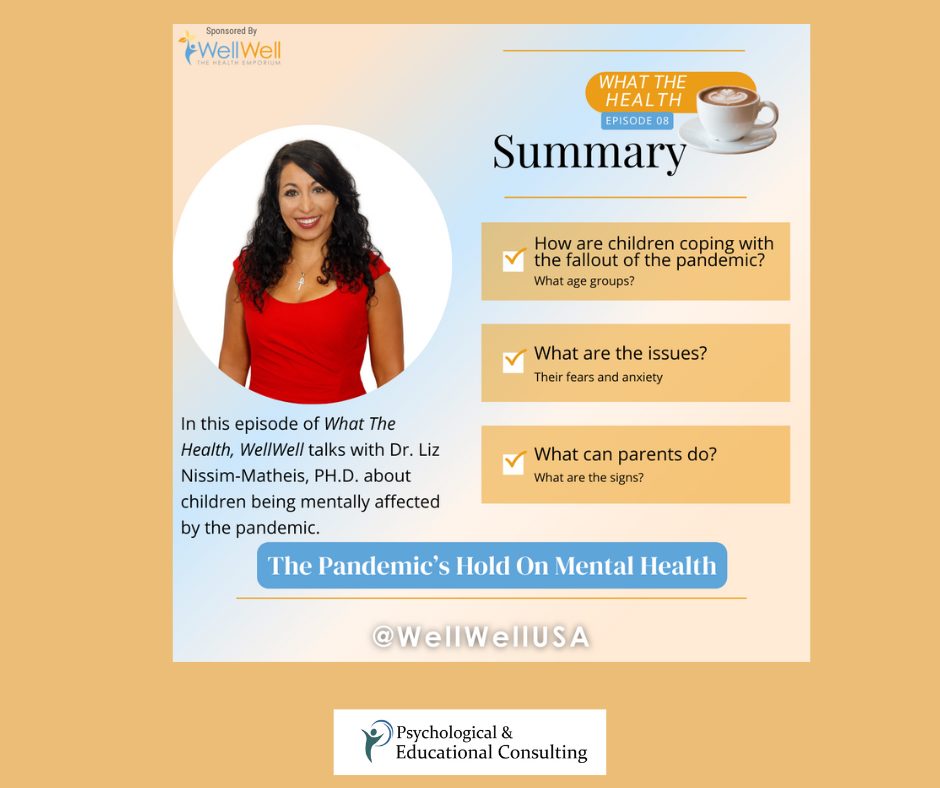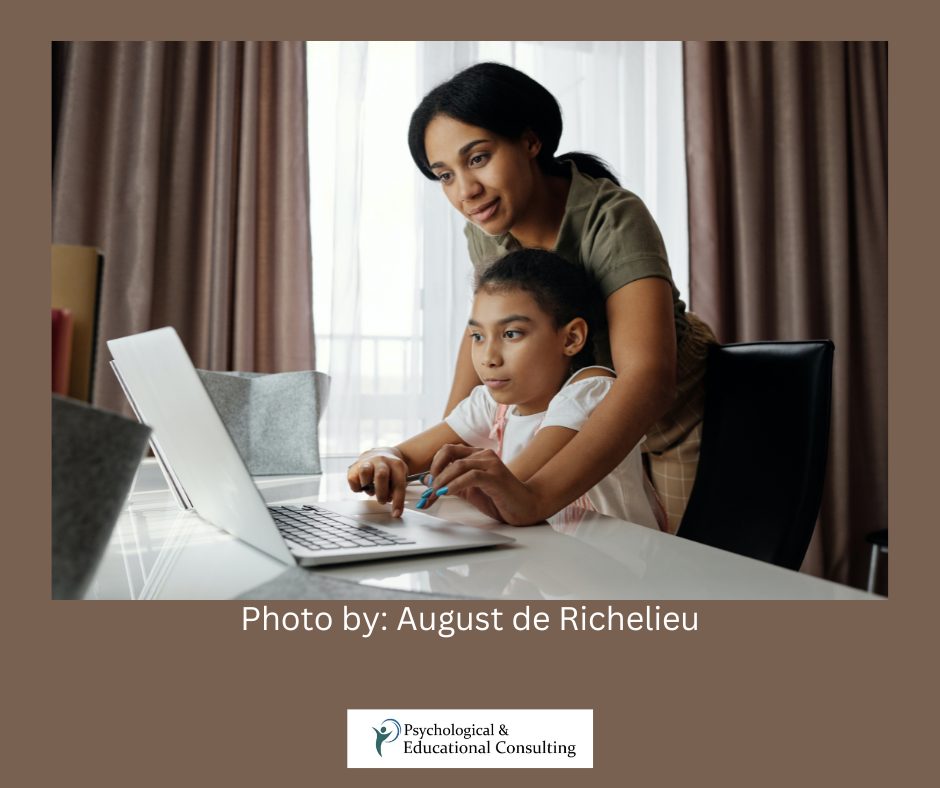Health & Wellness for Kids
Fostering A Healthy Home Environment for a child with ADHD
Fostering a Healthy Home Environment for a child with ADHD
posted on the frugal room
A child’s surroundings impact their ability to focus and manage ADHD symptoms. Parents can take steps to strategically organize and decorate the home to alleviate stress and reduce distractions for children with ADHD. Mindful organization does not replace therapeutic and medical treatment, but introducing structure and managing distractions can help children maintain focus and composure.
What Is ADHD?
ADHD (attention-deficit hyperactivity disorder) is a condition that affects concentration and impulse control. Based on their symptoms, children may be diagnosed as predominantly inattentive, predominantly hyperactive-impulsive, or a combination of both. Various symptoms related to concentration, time management, forgetfulness, behavior, and mood can affect children with ADHD.
Why Is It Important to Adjust Your Space with Consideration for Children with ADHD?
Decreasing distractions and creating structure makes it easier for kids to manage ADHD symptoms and focus on tasks like chores or schoolwork. In addition to maintaining a consistent routine, creating calm, distraction-free spaces through home organization and decor may reduce your child’s anxiety while boosting their focus.
Helping Your Empathetic Child Manage Big Feelings
Helping Your Empathetic Child Manage Big Feelings
written by Dr. Liz Matheis, posted on Psychology Today
I don’t know about you, but in my house, my children and I have big feelings. As an empath who has three empathic children, our interactions and emotional experiences are a bit more intense than most. Dr. Judy Orloff defines an empathic person as one who is deeply in tune with the feelings of others in their environment. She further describes an empath as an “emotional sponge who absorbs both the positivity and the stress of people and the world.”
Empaths process the emotional tone and energy of those around them, whether they want to or not. This also means that the “energy battery” drains quickly, which can lead to overstimulation by one’s thoughts and environment. For example, a child or person who is at school or work may find that within an hour or a few hours, people’s voices and lights may feel like “too much.”
For our children who are empathic, their nervous systems are also wired a bit differently. Jean Decet and Yoshiya Moriguchi found that the limbic system, the part of the brain responsible for processing emotion, has more complex neuronal connections in the brains of people who are highly empathic (BioPsychoSocial Medicine, 2007). Jen Granneman and Andre Solo stated that the empathic brain connects emotion with action. Thus, if another person is observed to be in distress, the empathic person will feel compelled to help rather than observing alone.
Happy Summer!
The MOST Fun Summer Activities for Kids & Teens in New Jersey
written by Jennifer Auer, posted on Jersey Family Fun
It is summer finally!!! Maybe not quite on the calendar, but it’s feeling like it. Plus the school year is coming to an end. Summer concerts and movies are returning. Fireworks are on. This summer promises to be the summer you’ve needed, the summer you want, the summer the kids want. We’re here to help with our guide to fun things to do in the summer in New Jersey in what we call, The MOST Fun Summer Activities for Kids & Teens in New Jersey.
What We Become by Achieving our Goals
Be Yourself!
Dr. Liz is a guest on the WellWell Podcast this week!!!
We are excited to share that this week Dr. Liz was a guest on the What The Health Podcast, WellWell!
She discussed how the pandemic is affecting our children and adolescents. Be sure to catch it on the WellWell USA website!
You can also listen on your favorite media platform below:
Preparing for Success: How Technology Can Enhance Your Test Preparation Efforts
Preparing for Success: How Technology Can Enhance Your Test Preparation Efforts
written by Jennifer Woods
Preparing for tests and exams can be a daunting task, particularly for young learners who may feel nervous about their abilities. However, with the right tools and resources at hand, it is possible to approach test prep with confidence and ease. One of the most helpful tools available today is technology, which offers a wide range of resources that can make test prep more efficient, effective, and even enjoyable.
In this article, we will explore some of the ways that technology can enhance your test preparation efforts, making studying easier and more engaging for young learners.
Interactive Practice Tests
Most people agree that practice tests are a valuable tool when preparing for exams, as they help learners become familiar with the types of questions they will encounter and the format of the test itself.
Interactive practice tests take this one step further by providing learners with immediate feedback on their answers, enabling them to identify areas where they need to improve. Platforms like Khan Academy, Quizlet, and RiSE+ offer a multitude of practice tests and questions for learners of all ages, from elementary school through high school and beyond.
Learning Apps
Another way that technology can enhance test prep is through learning apps. These apps provide learners with a fun and engaging way to practice key skills, such as maths, reading, and writing.
Many learning apps are gamified, making the process of learning feel like play. For example, apps like Duolingo offer engaging language practice in bite-sized chunks, while maths apps like Prodigy Math Game make maths practice more enjoyable than ever before.
Online Tutors
While classroom or in-person tutoring is an effective way to boost learning, online tutoring is becoming increasingly popular among learners of all ages. Young learners can benefit from working with online tutors who can provide personalized attention and targeted support. Platforms like VIPKid, Chegg, and Study.com offer access to online tutors who can help learners prepare for specific tests or provide extra support with homework and assignments.
Online Resources and Tools
The internet itself is a powerful tool for learners, providing access to a vast array of resources that can be used to support test prep efforts. From online textbooks and study guides to educational videos and interactive simulations, the internet offers a wealth of information that can help learners understand and master key concepts. Many of these resources are free and easily accessible, making it easier than ever for young learners to learn at their own pace and in their way.
Collaborative Learning Platforms
Finally, young learners can benefit from collaborative learning platforms that facilitate communication and interaction between learners. Platforms like Google Classroom, Edmodo, and Canvas provide learners with a centralised place to access and submit assignments, ask questions, and engage with other learners and teachers. Collaborative learning platforms can help young learners feel more connected and engaged in the learning process, which can ultimately lead to better performance on tests and exams.
In Summary
Preparing for tests and exams doesn’t have to be a stressful or overwhelming experience, particularly for young learners who may be new to the process. By leveraging the power of technology, learners can access a wide range of resources and tools that can make test prep more efficient, effective, and even enjoyable.
From interactive practice tests and learning apps to online tutors, online resources and tools, and collaborative learning platforms, technology offers an array of options that can support learners at every stage of the test prep process. Whether you’re preparing for your first spelling test or a high-stakes entrance exam, technology can help you achieve your goals and unlock your full potential.
Dr. Liz Matheis is on the Radio!
Dr. Liz appears regularly on the radio. Listen to her speak on many subjects by clicking the box below!
How to talk with your child about social and emotional issues
How to talk with your child about social and emotional issues
written by Amanda Morin, posted on Understood
When kids have trouble with social and emotional skills, it may be uncomfortable to talk about the challenges they face. But it’s important to talk openly and show them there’s nothing to be embarrassed about.
Talking about struggles with emotions and social skills shows that how your child feels matters to you. And it helps kids put into perspective that they may struggle with certain things, but not with everything.
Find out what you can say, and when to say it.
When to talk to your child
Don’t think of this as a one-time conversation. The first conversation is just the beginning. It’ll help your child know you’re there to listen and to help.

